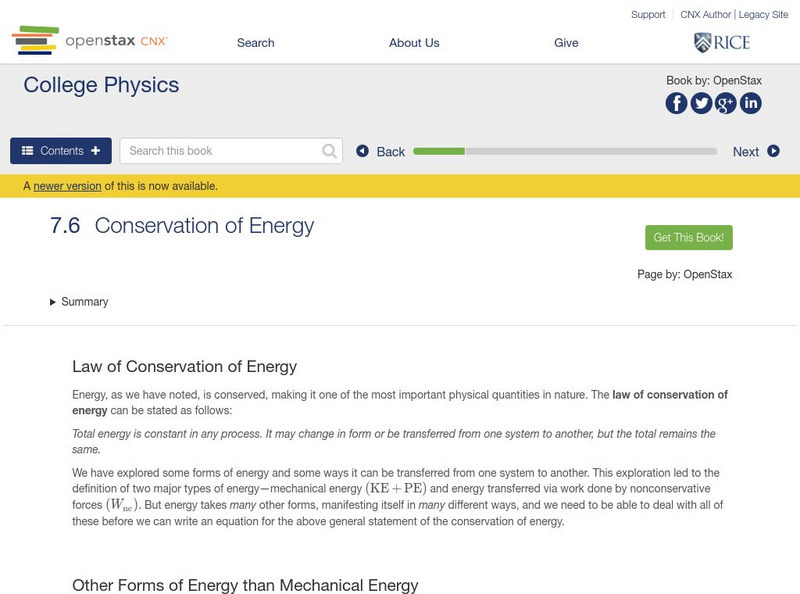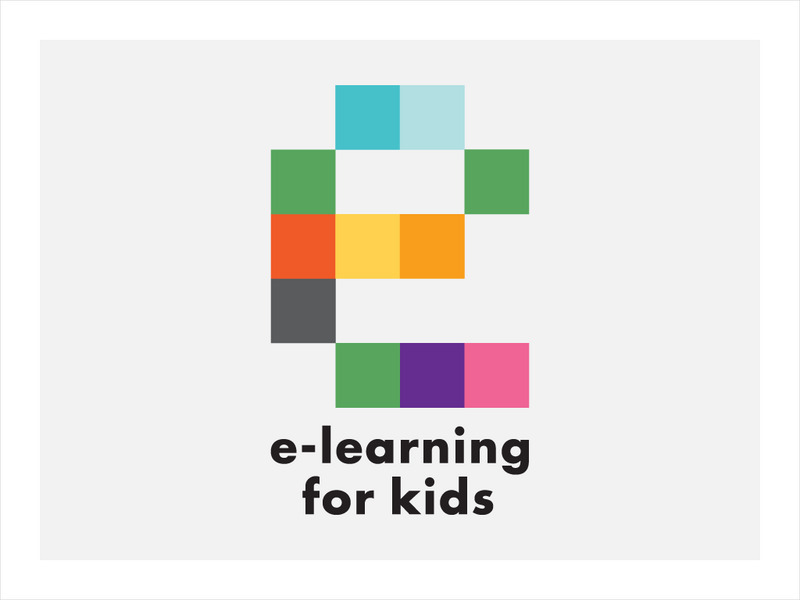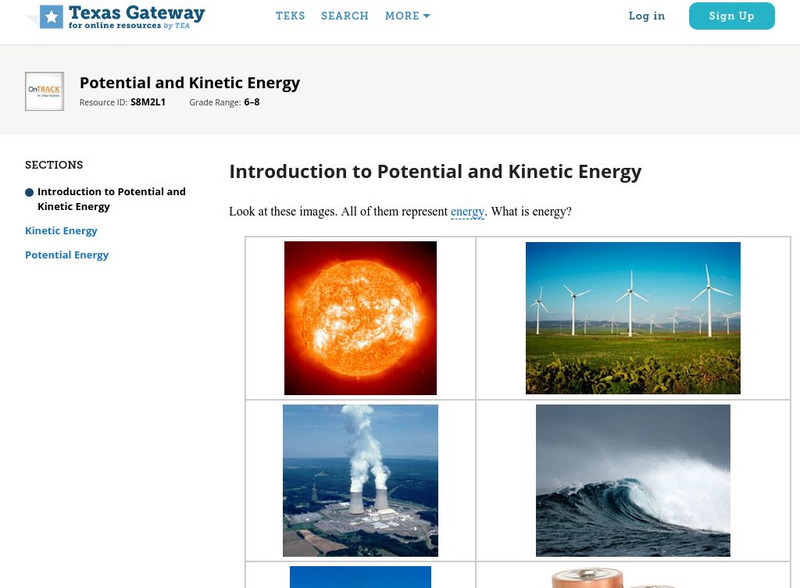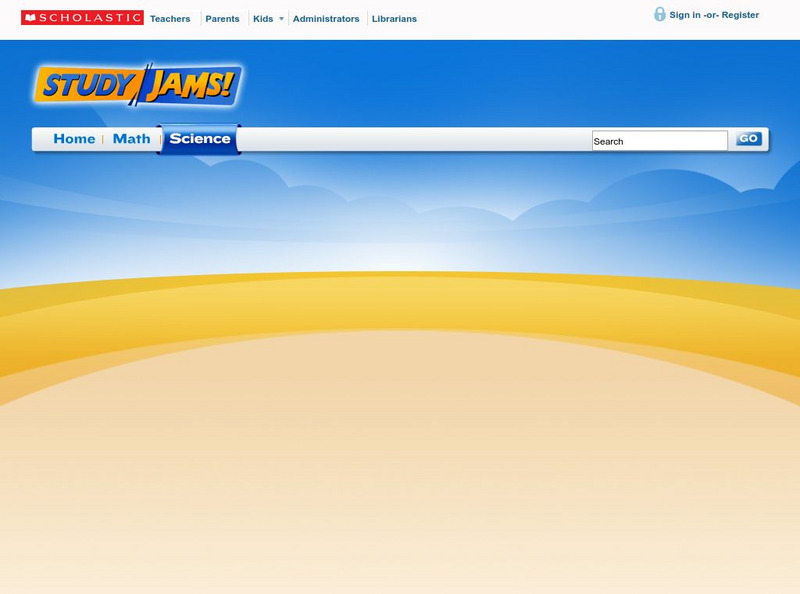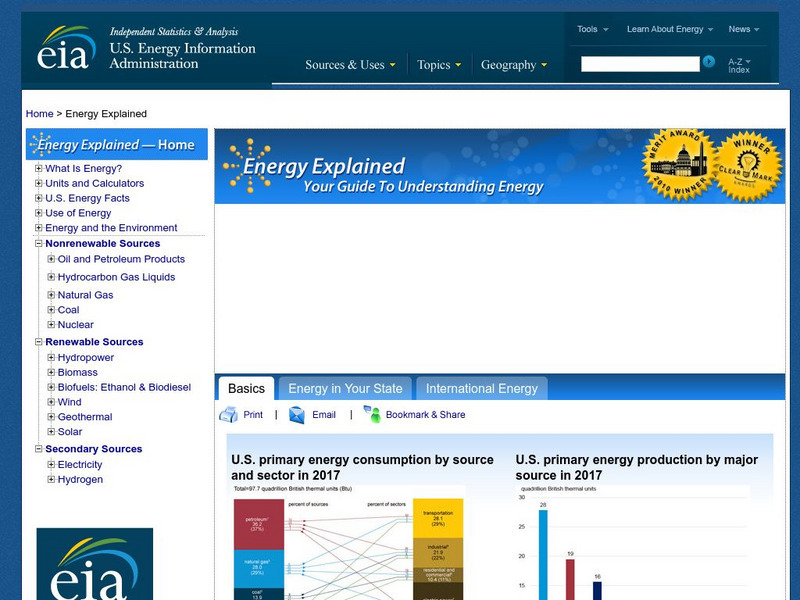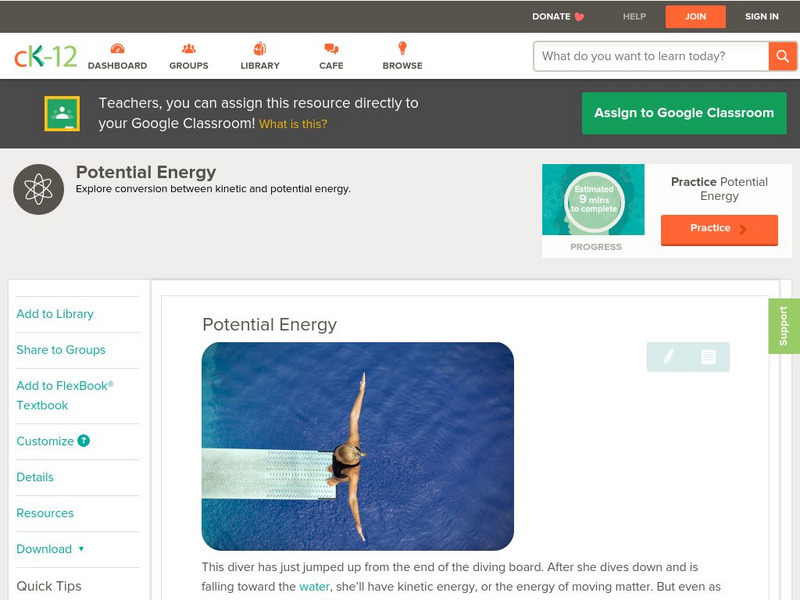Hi, what do you want to do?
Curated OER
Polymers and Crystals
High schoolers experiment with crystals and polymers and examine their roles in food science.
Curated OER
Hurricane Scavenger Hunt
Fourth graders use Internet and/or library resources to locate and record information about hurricanes on a worksheet..
Curated OER
Synthesis Reactions
Tenth graders write and balance chemical equations and make a PowerPoint presentation on synthesis reactions.
Curated OER
Coral Reefs Endangered
Students research where in the world coral reefs are located. In this ecology lesson plan, students create food chains and food web. They simulate growing coral reefs to understand their characteristics better.
Curated OER
Altars, Shrines and Tributes
High schoolers design an original altar, shrine or tribute in clay and other media.
Curated OER
Graphing Data - Temperature
Seventh graders measure and record temperature over a given time period. They compare the recorded temperatures to the 40-year recorded normal average temperatures for the same area. Students display and interpret their findings in a graph.
Curated OER
Urban Impact on Chollas Creek (California): A Field Study
Students, in groups, take samples from a creek and keep a field journal on their samples. They also perform tests on their samples.
Curated OER
How Does Your Garden Grow?
Students create a design for a school garden. In this garden design lesson, students analyze what plants grow best in their school's climate and work in teams to design a garden. Students measure the existing space, determine the...
OpenStax
Open Stax: Conservation of Energy
In the following tutorial, students will learn about the law of conservation of energy. They will read about some of the many forms of energy. They will understand the definition of efficiency of an energy conversion process as the...
E-learning for Kids
E Learning for Kids: Science: Antilles: What Are the Different Forms of Energy?
Students will learn about the different types and sources of energy, including heat and light, electrical, potential, and kinetic energy.
E-learning for Kids
E Learning for Kids: Science: Pirates: What Is Energy Conversion?
This lesson covers the different types of energy, the definitions of kinetic and potential energy, how energy can be converted into different forms, and the law of conservation of energy.
E-learning for Kids
E Learning for Kids: Science: Cayman Islands: What Is Energy Conservation?
Renewable and nonrenewable energy sources are described, different types of energy, and how energy can be conserved.
Texas Education Agency
Texas Gateway: Introduction to Potential and Kinetic Energy
Energy is the ability of a system to do work. That system may be batteries powering an electronic game system or windmills capturing wind energy to power a city. When an object or an organism does work, energy is transferred to another...
Scholastic
Scholastic: Study Jams! Science: Matter: Energy & Matter
A video and a short quiz on the different forms of energy, and how energy moves or changes matter.
US Energy Information Administration
U.s. Eia Energy Kids: Energy Explained
A comprehensive source of information about energy in all its forms. Each type of energy is explained, along with information about its environmental impact, supported with graphs, charts, and other data. There is a twenty-question quiz...
CK-12 Foundation
Ck 12: Physical Science: Potential Energy
[Free Registration/Login may be required to access all resource tools.] Definition of potential energy, gravitational potential energy, elastic potential energy and other forms of potential energy.
CPALMS
Florida State University Cpalms: Florida Students: Some Like It Hot
Learn how heat is a form of energy that can be helpful and it can come from many sources and change form.
CPALMS
Cpalms: Energy and Cellular Respiration
Learn how food is broken down to produce energy for cells in the in the form of ATP in this interactive tutorial.
CK-12 Foundation
Ck 12: Trends in the Periodic Table
[Free Registration/Login may be required to access all resource tools.] Students investigate specific properties that can be predicted by an element's position on the periodic table. Additionally, they will look at the formation of ions,...













